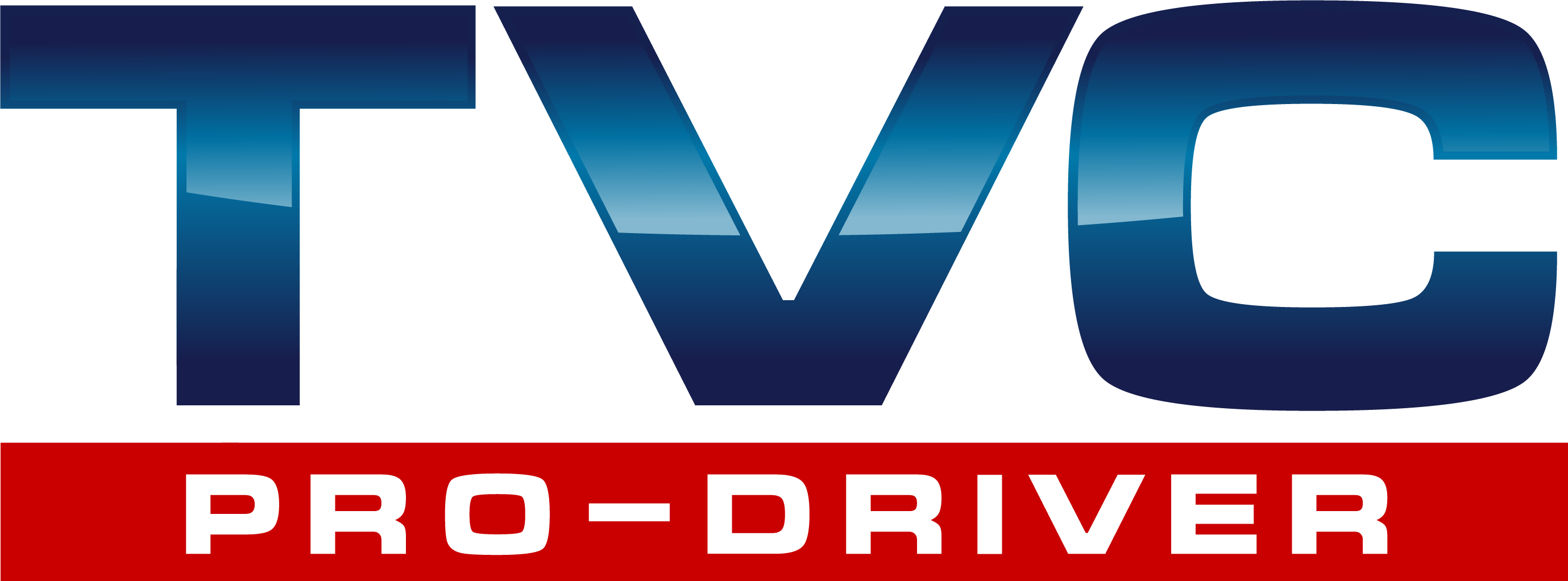Companies must prioritize proactive strategies to minimize fleet driver risks in today’s fast-paced transportation landscape. Neglecting this responsibility can endanger the safety of employees and other road users and lead to severe financial, legal and reputational repercussions following a single incident. Driver coaching has emerged as a vital approach to promoting safer and more efficient fleet operations while fostering the growth and development of drivers.
What is Driver Coaching?
Driver coaching is a developmental initiative aimed at proactively enhancing driver behavior and promoting safer driving habits within a fleet. This process encompasses a variety of training methods, including quick safety reminders, in-person or virtual sessions, on-road training and online assignments based on real-time driving data. By combining formal and informal techniques, fleet managers can effectively engage drivers and encourage continuous improvement.
Driver coaching emphasizes two-way dialogue that promotes self-discovery and growth, unlike punitive measures. The objective is to facilitate discussions that help drivers understand the root causes of their behaviors and identify ways to improve. This personalized approach offers targeted feedback on specific driving habits and incidents requiring early intervention, making it far more effective than generic safety advice.
What Makes Driver Coaching So Impactful?
By proactively addressing risky behaviors, driver coaching significantly decreases the chances of violations and accidents. This approach not only safeguards drivers and other road users but also helps organizations avoid costly repairs, insurance claims and legal liabilities.
According to SambaSafety’s 2024 fleet and insurance survey, 74% of fleets employ telematics to inform their training and coaching initiatives. For instance, if telematics data indicates that a group of drivers frequently engages in harsh braking or speeding, coaches can arrange personalized sessions to review this data with each driver. These sessions allow for discussions about specific instances of risky behavior, guiding drivers toward improvement and potentially averting violations or accidents.
Moreover, effective fleet coaching fosters a sense of ownership among drivers. When employees feel supported and understand the impact of their actions on safety and overall success, they are more inclined to take responsibility for their behavior. Organizations prioritizing coaching often see higher driver retention levels, as employees feel valued and recognize opportunities for professional growth.
Challenges in Implementing Driver Coaching
While the benefits of driver coaching are clear, organizations face several challenges in implementing effective programs.
Securing Buy-In
Creating a thriving coaching culture requires buy-in from drivers and stakeholders, who must recognize the program’s value. Introducing new monitoring tools or coaching protocols may raise concerns about privacy, micromanagement or disciplinary actions.
Preparing Coaches to Coach
The effectiveness of driver coaching is contingent upon well-prepared coaches. Coaches may struggle to engage drivers in meaningful conversations without proper training and resources, leading to resistance or disengagement. Organizations must invest in training programs emphasizing communication techniques, active listening and strategies for delivering actionable, data-driven feedback.
Coach-to-Driver Ratio
Determining the ideal coach-to-driver ratio is essential for maintaining consistency and effectiveness in coaching programs. As fleets grow, delivering personalized feedback becomes increasingly challenging. A strategic approach is necessary to avoid scalability issues that can compromise the quality and frequency of coaching.
Frequency of Coaching
Establishing the right frequency for coaching sessions is critical for ensuring lasting behavioral change. Infrequent coaching can lead to missed opportunities for improvement, while overly frequent sessions may overwhelm drivers. Regular, manageable touchpoints supported by data-driven insights can reinforce safe driving habits without causing burnout for coaches or drivers.
Limited Visibility into Risk
Fleet managers often struggle with limited real-time insights into driver behaviors, making it challenging to address risky actions proactively. Many organizations rely on reactive coaching after incidents, missing opportunities to prevent unsafe behaviors before they escalate. Access to actionable data is vital for shifting from reactive to proactive coaching.
Coaching vs. Discipline
Finding the right balance between encouraging improvement and addressing repeated unsafe behaviors with disciplinary action can be challenging. Relying too heavily on discipline may undermine morale, while neglecting to enforce consequences for ongoing issues can compromise safety goals. Fleet managers must navigate this balance carefully to ensure that coaching remains a developmental tool while addressing safety concerns consistently.
Measuring Effectiveness
Evaluating the efficiency and impact of a driver coaching program poses a significant challenge. Organizations need to establish comprehensive metrics related to safety performance, culture, and employee morale, assessing both short-term and long-term outcomes. Reviewing these metrics is essential for refining coaching strategies and driving continuous improvement.
Setting the Foundation for Success
By addressing these common challenges and implementing thoughtful strategies, organizations can develop a driver coaching program that enhances safety, strengthens relationships with drivers, and improves overall fleet performance. Embracing the fundamentals of driver coaching protects lives and fosters a culture of accountability and development that benefits everyone involved.
TVC Pro-Driver is partnered with industry leader SambaSafety to connect our members with video safety training. Through TVC Pro-Driver, members can receive discounted pricing to get started on driving a safety-focused culture throughout their organization.
By leveraging the services provided by SambaSafety, TVC Pro-Driver members have the opportunity to reduce their overall risk, lower insurance claims and improve driver behaviors. These benefits contribute to a safer and more efficient driving experience and can lead to significant cost savings for drivers and companies.
Interested in learning more? Current members can contact their fleet support managers, and prospective members can reach out to us at sales@prodriver.com or call (844) 939-2823. Be sure to ask about all of our SambaSafety offerings available.













